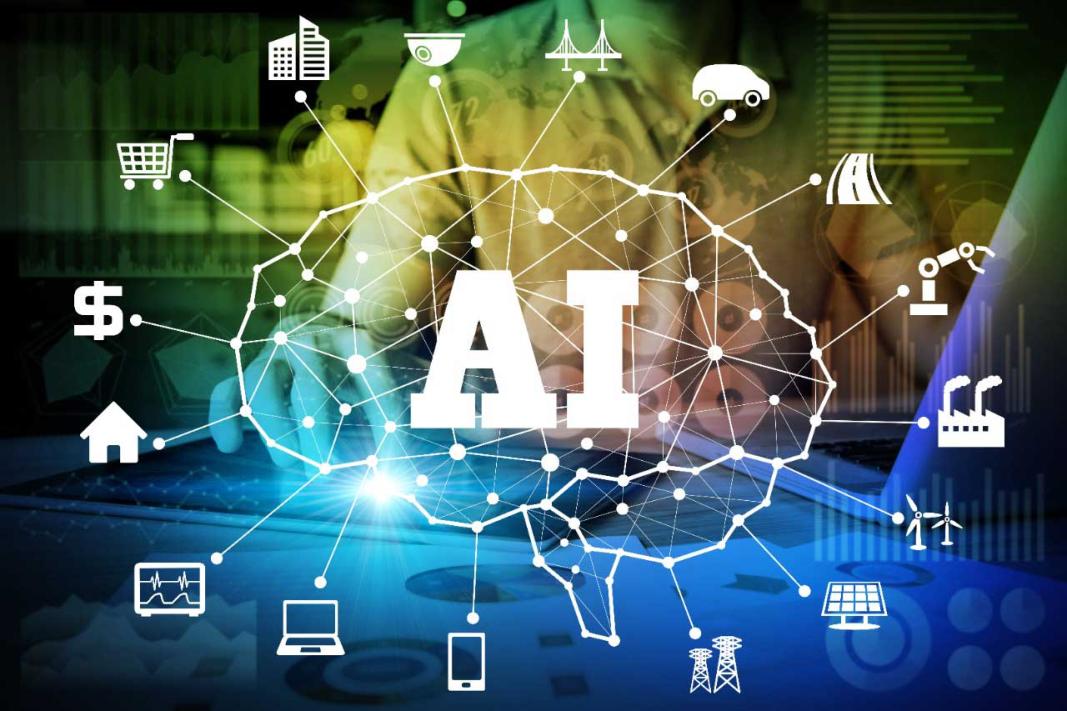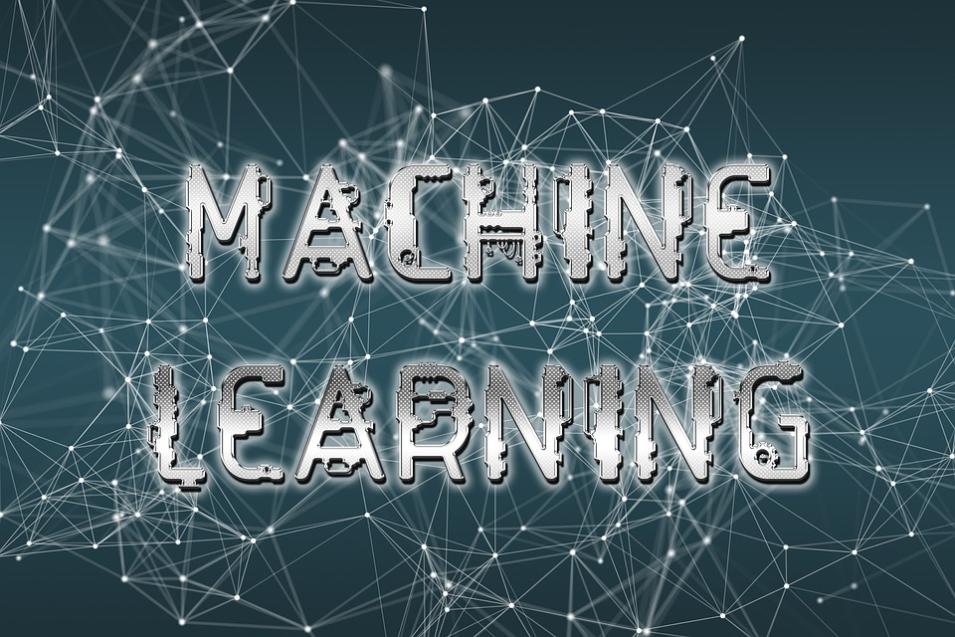What are the Key Challenges in Integrating AI into the Culinary World?
Artificial Intelligence (AI) is rapidly transforming industries across the globe, and the culinary world is no exception. From recipe generation and adaptation to kitchen automation and personalized dining experiences, AI holds immense potential to revolutionize the way we cook, eat, and experience food.

However, integrating AI into the culinary realm is not without its challenges. This article delves into the key obstacles that need to be overcome to fully harness the transformative power of AI in the culinary arts.
Challenges In Integrating AI Into The Culinary World
Data Collection And Analysis
- Lack of Standardized Data Formats and Methodologies: The culinary domain lacks standardized data formats and methodologies for collecting and analyzing data on food preferences, tastes, dietary restrictions, and cooking techniques. This inconsistency hinders the development of robust AI models that can accurately capture the complexities of culinary knowledge.
- Difficulty in Collecting Comprehensive Data: Gathering comprehensive data on individual food preferences, tastes, and dietary restrictions is a challenging task. This data is often subjective, fragmented, and difficult to quantify, making it challenging for AI systems to learn and adapt to individual preferences.
- Data Privacy and Security Concerns: The collection and analysis of personal data related to food preferences and dietary habits raise concerns about data privacy and security. Ensuring the confidentiality and integrity of this data is crucial to maintain trust and prevent misuse.
Recipe Generation And Adaptation
- Balancing Creativity and Consistency: AI systems face the challenge of balancing creativity and consistency in recipe generation. While AI can generate an endless variety of recipes, ensuring that these recipes are both creative and consistent with culinary principles and user preferences remains a challenge.
- Ensuring Accuracy and Safety: AI-generated recipes need to be accurate and safe for consumption. This requires AI systems to have a deep understanding of food science, nutrition, and culinary techniques to avoid generating recipes that are potentially harmful or unpalatable.
- Limited Ability to Understand Nuances: AI systems currently have limited ability to understand the nuances of flavor combinations, textures, and the interplay of ingredients. This makes it challenging for AI to generate recipes that are truly exceptional and媲美human-crafted recipes.
Integration With Kitchen Appliances And Equipment
- Compatibility Issues: Integrating AI systems with existing kitchen appliances and equipment can be challenging due to compatibility issues. Different appliances and equipment may have different communication protocols and data formats, making it difficult for AI systems to seamlessly interact with them.
- Need for Specialized Hardware and Software: AI-driven cooking often requires specialized hardware and software to support real-time data processing, communication, and control. This can add significant cost and complexity to the implementation of AI in the kitchen.
- Challenges in Real-time Communication and Control: Real-time communication and control between AI systems and kitchen appliances is essential for automated cooking processes. However, achieving reliable and efficient communication and control in a kitchen environment can be challenging due to factors such as latency, noise, and interference.
User Acceptance And Trust
- Overcoming Skepticism and Resistance: There is a degree of skepticism and resistance to the use of AI in the culinary world, particularly among traditional chefs and consumers who value the human touch and creativity in cooking. Overcoming this skepticism and building trust in AI-generated recipes and recommendations is crucial for the widespread adoption of AI in the culinary domain.
- Addressing Concerns about Job Displacement: The integration of AI into the culinary world raises concerns about job displacement and the loss of human touch in cooking. It is important to address these concerns and demonstrate how AI can complement and enhance the skills of culinary professionals, rather than replacing them.
Strategies For Overcoming The Challenges
Collaboration Between AI Experts And Culinary Professionals
To successfully integrate AI into the culinary world, collaboration between AI experts and culinary professionals is essential. This interdisciplinary approach can bridge the gap between technology and culinary expertise, leading to the development of AI systems that are both powerful and practical.
Development Of Standardized Data Formats And Methodologies
Establishing industry-wide standards for data collection and analysis is crucial to facilitate data sharing and collaboration among researchers and practitioners. Standardized data formats and methodologies will enable the development of more robust and accurate AI models for culinary applications.
Investment In Research And Development

Continued investment in research and development is necessary to advance AI algorithms and techniques specifically tailored to the culinary domain. This includes research on recipe generation, adaptation, flavor analysis, and the integration of AI with kitchen appliances and equipment.
Education And Training
Providing training programs to culinary professionals on the use of AI in the kitchen is essential for building skills and confidence in using AI-powered tools and applications. Additionally, raising awareness among consumers about the benefits and limitations of AI in cooking can help foster trust and acceptance of AI-generated recipes and recommendations.
By addressing these challenges and implementing effective strategies, we can pave the way for the successful integration of AI into the culinary world. This integration has the potential to revolutionize the way we cook, eat, and experience food, creating a future where AI and human creativity harmoniously coexist to elevate the culinary arts to new heights.
YesNo

Leave a Reply